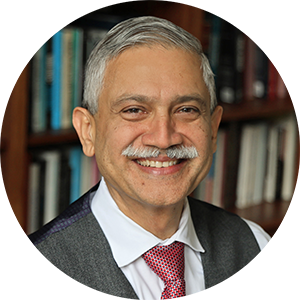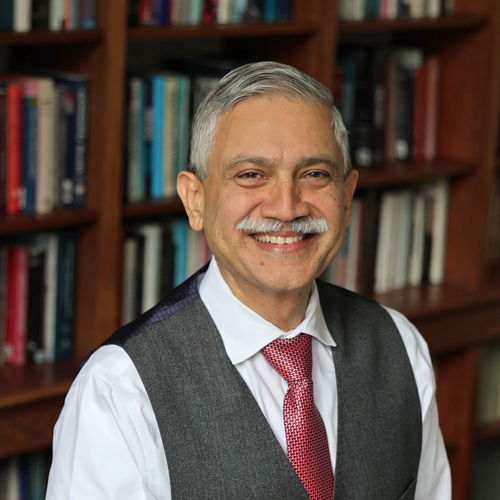The Case for Doctoral Education in Our Fraught Times.

The Case for Doctoral Education in Our Fraught Times
In a new commentary, Dean Adnan Hyder explains why doctoral education matters for reasons beyond academia’s future.
Dear Colleagues,
The headlines are inescapable: among tightening higher education budgets, reduced funding from the federal government, declining undergraduate enrollment—many doctoral education programs are pausing or lowering enrollment. And while I understand this response to our current context, it raises a wide array of questions and concerns.
On a personal level, this is deeply distressing. My doctoral education enabled me to become an analytic thinker; it helped me gain invaluable quantitative skills and empowered me to become an independent principal investigator for the next 25 years. It also allowed me the time to study the intricacies of public health, the scientific method, and a network of amazing colleagues and friends who have collaborated and supported me in my career. A doctoral education is not just for the gain of new knowledge, it is an immersive experience that changes us and develops leaders for our future.
On a societal level, the lack of investment in doctoral education will reverberate across all sectors, not just academia. For public health in particular, our doctoral graduates are leaders across crucial sectors of our economy, such as health institutions, biotechnology, pharmaceutical companies, government, and more. This pipeline is much needed and is vital to ensure leadership for the future.
It is through doctoral education programs that these future leaders learn to generate knowledge that inform the next generation of work, which in turn, better serves society. The longer durations of doctoral education provide rigorous training in the scientific method, analytic principles, and critical thinking skills honed over four, five, or six years. Our PhD and DrPH students will become leaders immediately upon graduation in their particular fields. At BU School of Public Health, we are so deeply proud of our PhD and DrPH graduates over our 50 years—like Arundati Muralidharan (DrPH’12) who is working on global menstrual health equity and Michael Posner (PhD’06), a highly respected educator and scholar who is transforming the field of data science education.
The uncertainties of this moment mean it is incumbent on all of us to think about how we are nurturing and supporting these future leaders in the years to come. If we are not investing right now in producing those leaders, what will be the state be of our scientific enterprises? Boston University’s You Are Why initiative, describes the argument for increased investment in doctoral education simply: “At scale, robust investments in graduate students promote innovation and economic growth.” If you agree, we invite you to join us in supporting our doctoral students by considering a gift to BU’s Future Scholars Fund.
And proudly, I share that BUSPH is still accepting PhD and DrPH applicants until December 1, 2025 for fall 2026 enrollment, including the launch of a new PhD program in Community Health Sciences. Public health needs you, and BUSPH is ready to welcome you!

Warm regards,
Adnan Hyder, MD, MPH, PhD
Dean and Robert A. Knox Professor
Boston University School of Public Health

